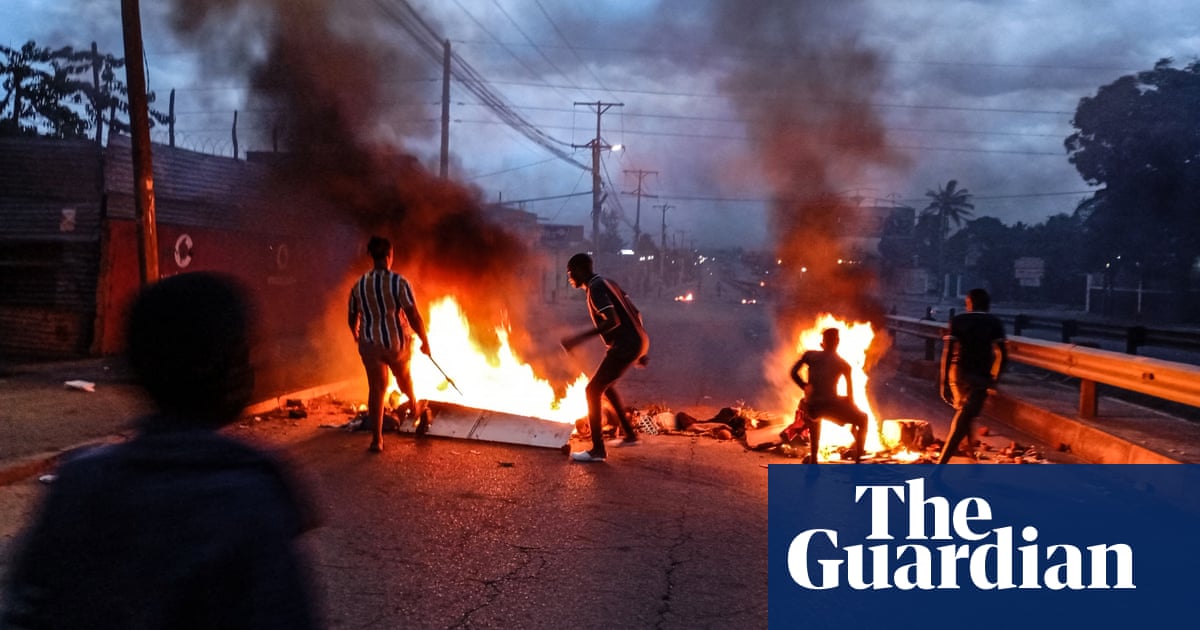


Mozambique’s top court has confirmed the ruling party’s victory in October’s presidential elections, potentially triggering more protests after more than two months of unrest over allegations that the results were rigged.
Daniel Chapo, of the ruling Frelimo party, won the 9 October presidential election with 65.2% of the vote, Lúcia Ribeiro, the chair of Mozambique’s constitutional council, told a press conference on Monday.
The figure was lower than that previously announced by the election commission, which said Chapo had won 70.7%, but still more than the 50% needed to win.
Meanwhile, the second-place opposition candidate, Venâncio Mondlane, who has captured the imagination of young urban voters, got 24.2%, up from 20.3%, but nowhere near the majority he has claimed.
The report of the council, whose members are mostly appointed by Frelimo politicians, said there had been “discrepancies” at the district level during the vote counting, without specifying what caused them. It also said that the Podemos party, which supports Mondlane, had submitted “inflated” figures in their challenge to the results.
Mozambique has been roiled by weeks of protests, with security forces killing at least 130 people, according to Human Rights Watch. International election observers have said there was evidence of ballot rigging, but some cautioned that Mondlane may still not have won a free and fair election.
The protests have repeatedly brought Mozambique’s economy to a standstill. Its north has also been battered by Cyclone Chido, which made landfall in the south-east African country on 15 December, killing 120 people and destroying an estimated 110,000 homes.
Before the ruling on Monday afternoon, Mondlane told his supporters to stay at home until Friday, as part of the anti-election protests, whose latest stage he has called “Turbo V8”. He also said they should not commit any violence.
However, in a separate video on Facebook, he said: “If we get the electoral truth [from Ribero], we will have peace. If we get electoral lies, we will push the country over a precipice into chaos, into disorder.”
After the ruling, Mozambican TV stations broadcast footage of tyres being burned in streets that were otherwise empty apart from armed state security officers.
after newsletter promotion
Chapo, who is due to take office on 15 January, told a crowd of cheering Frelimo supporters that he would lead an electoral reform process. “Dialogue is the only way to build social harmony,” he said, without elaborating.
While it was expected that the constitutional council would validate Chapo’s victory with some changes, Mondlane inciting protests rather than bargaining with Frelimo was uncharted territory for Mozambique, said Alex Vines, head of the African programme at the thinktank Chatham House.
“Historically it’s been a weak state with a stronger party,” said Vines, who was part of a Commonwealth election observer team that monitored the vote. “Now you’re finding both a weak state and a weakening party, being challenged by a new politics … led by a charismatic populist leader who has tapped into the anger of disenfranchised, frustrated youth.”